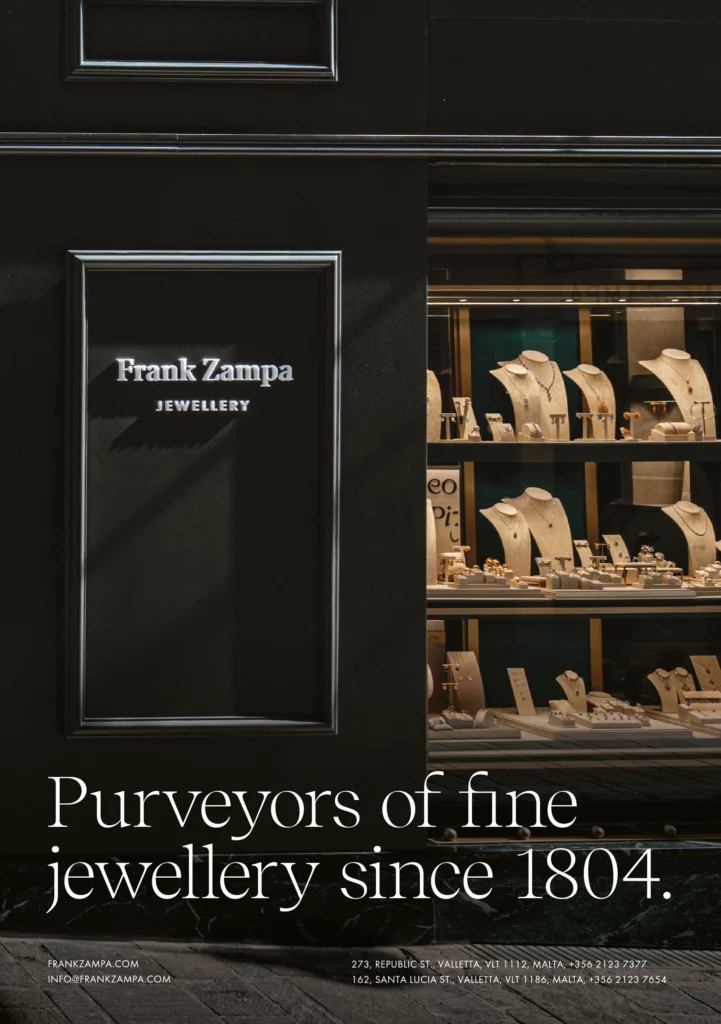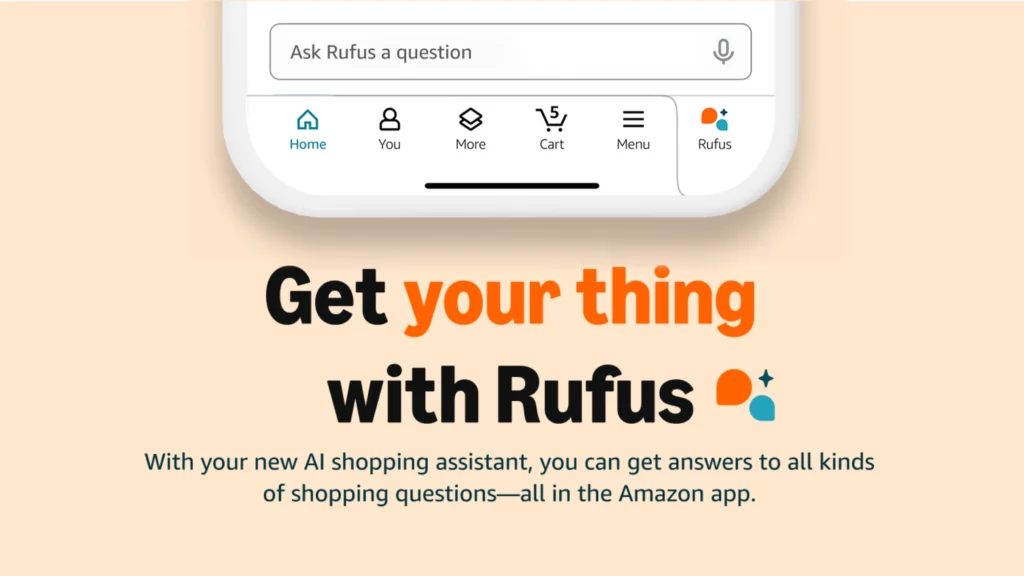Built On What Works. The 2025 Playbook.
Marketing Trends Driving Success in 2025
As the marketing world rapidly evolves, staying ahead of the trends is crucial for success. In 2025, several game-changing strategies are emerging, driven by technological innovations and shifting consumer preferences. From AI-enhanced experiences to the growing impact of user-generated content (UGC), here’s a look at the key marketing trends making waves this year.
Artificial Intelligence Boosts Efficiency and Effectiveness
AI is transforming marketing by enabling brands to work smarter, not harder. From automating repetitive tasks to offering insights into consumer behaviour, AI is driving efficiency and effectiveness across campaigns. Personalisation is a prime example, with AI enabling hyper-targeted ads and content recommendations tailored to each consumer’s preferences. This not only enhances user experience but also improves conversion rates by delivering relevant messages at the right time.
In 2025, Heinz launched a playful campaign using generative AI to create surreal, ketchup-themed artwork based on prompts as simple as “ketchup” to others like “ketchup but make it renaissance”. No matter the prompt, the AI consistently incorporated Heinz’s iconic ketchup bottle, reinforcing brand recognition in unexpected ways.
Short-Form Video Content Takes the Lead
Platforms like TikTok have made short-form video content a dominant force in social media marketing. These bite-sized videos are highly engaging and shareable, allowing brands to reach a broader audience quickly. Marketers are tapping into this trend to build authentic, relatable content that connects with users on a personal level. Short-form videos offer an excellent opportunity for storytelling and brand visibility while capturing attention in an increasingly crowded digital landscape.
Instagram released its Edits short‑form video app in April 2025, allowing creators to craft green‑screened, AI‑animated clips with built‑in audience analytics. This pushes brands to produce polished, engaging videos natively for mobile-first, short-form platforms.

At Sancho, we recently incorporated this trend while working on a campaign for Bank of Valletta. By leveraging this format across social media, we were able to simplify key messages and highlight product benefits in a way that was quick, relatable, and native to the platforms users were already scrolling. The campaign’s performance confirmed what the trend suggests: short-form content doesn’t just capture attention – it drives meaningful engagement when done right.
User-Generated Content (UGC) Amplifies Brand Awareness
UGC is an invaluable asset for modern marketing campaigns. Consumers trust content created by fellow users more than traditional advertisements. By encouraging customers to share their experiences, brands can increase engagement, build credibility, and expand their reach. UGC not only strengthens brand authenticity but also allows for organic promotion, making it a cost-effective way to increase brand awareness and foster community-driven marketing.
In early 2025, a consumer viral challenge emerged: a user broke a KitKat and used the slightly larger piece to choose what outfit to wear. That one clip sparked massive attention. Nestlé India quickly pivoted, launching Snap to Decide – encouraging users to film themselves snapping the bar and making fun decisions based on which piece was bigger. The campaign amassed hundreds of thousands of user clips, drove massive engagement across TikTok and Instagram, and elevated KitKat as a playful, participatory brand.
As an agency, Sancho integrates UGC into campaigns by collaborating with content creators who genuinely reflect our clients’ values and voice. Instead of pushing out heavily branded material, we encourage creators to produce content that feels personal and unscripted, fitting naturally into their everyday lives. This approach not only boosts authenticity and trust but also drives stronger engagement by making the brand part of conversations people actually want to have.
Community Efforts and Genuine Branding Build Trust

In an era of increasing consumer skepticism, building trust is more important than ever. Brands that prioritise community engagement and transparency in their marketing are more likely to cultivate loyal customer bases. Authenticity is key to fostering trust, and consumers are gravitating toward brands that align with their values. Companies are investing in genuine branding efforts that resonate with their target audience and focus on building meaningful connections, whether through social causes or fostering a sense of community.
In May 2025, Cartier partnered with Expo 2025 Osaka to co-create the Women’s Pavilion, highlighting gender equality through immersive storytelling, VR, and SDG-focused sessions. Hosting over 180 panels, including climate and women’s empowerment, this initiative fostered genuine trust via cultural engagement and alignment with UN values.
Quality Editorial Content Remains a Staple
Despite the rise of new formats like video and interactive content, quality editorial content is far from obsolete. In fact, long-form articles, blogs, and in-depth guides continue to play a crucial role in educating consumers, establishing thought leadership, and boosting SEO efforts. Well-crafted content not only provides value but also enhances brand authority, helping to drive long-term engagement and organic traffic.
Dove launched The Dove Code, a long-form editorial series and video campaign examining AI’s impact on beauty standards. The initiative includes a global report on digital distortion and a foundational pledge: Dove will not use AI-generated models. They also released a “Real Beauty Prompt Playbook” to guide inclusive AI creation, reinforcing editorial integrity in a visual AI era.

While digital formats dominate much of today’s marketing landscape, we still see strong value in traditional editorial placements like print ads in magazines and newspapers. These formats offer a sense of permanence, prestige, and tangibility that digital often can’t replicate. In fact, we recently produced a full-spread magazine ad for Frank Zampa Jewellery – pairing striking visuals with refined copy to match the elegance of the brand. It’s a reminder that when done right, traditional media can still make a lasting impression.

Case Studies Drive Brand Recognition and Sales
Case studies remain a powerful tool for showcasing a brand’s value and building trust with prospective customers. By illustrating real-world success stories, brands can demonstrate their ability to solve problems and deliver tangible results. Well-executed case studies are particularly effective in driving lead generation, as they highlight a brand’s expertise and credibility, making it easier for potential clients to envision their own success with the product or service.
In 2025, Microsoft launched Dragon Copilot, an AI assistant for clinicians that saves 5 minutes per patient, reduces clinician burnout by 70%, and improves patient experience in 93% of cases. By showcasing measurable outcomes alongside authentic user feedback, Microsoft turns technical innovation into compelling human stories—demonstrating exactly how case studies can elevate brand trust and impact.

This is something we actively apply to our own work at Sancho. The project case studies featured on our website aren’t just a portfolio, they’re real examples of how we’ve helped clients overcome challenges and achieve meaningful results. From strategy and creative execution to measurable outcomes, each case study is crafted to show the thinking behind the work and the value delivered. It’s our way of turning client success into proof of what we can do.
Search Engine Changes Require New SEO Strategies
The evolving landscape of search engines means marketers must continuously adapt their SEO strategies. Search algorithms are increasingly focused on user intent and content quality rather than just keyword density. As search engines become more sophisticated, brands must optimise for natural language, voice search, and mobile responsiveness. Adapting to these changes will ensure that a brand’s content is discoverable, relevant, and aligned with how users are searching today.
Throughout 2025, Domino’s expanded AI voice ordering across North America, training systems to recognise regional accents and conversational phrasing, leading to enhanced voice-search SEO and simplifying orders.

AI-Powered Chatbots Enhance Conversational Marketing
Chatbots have become an integral part of the digital experience, providing instant support and personalised interactions with customers. AI-powered chatbots can answer queries, provide recommendations, and even guide customers through the sales funnel. By expanding conversational capabilities, chatbots are improving customer service and engagement while freeing up human resources for more complex tasks.
Amazon launched Rufus in beta across Europe (France/Germany/Italy/Spain) in late 2024 and rolled it out in the UK early 2025. Powered by generative AI, Rufus answers questions, compares products, and guides purchases – marking a major step in conversational commerce

Personalisation Elevates the User Experience
Personalisation continues to be a key differentiator in marketing. From tailored emails to product recommendations, personalised experiences are enhancing user satisfaction and increasing conversions. Consumers today expect brands to know their preferences and deliver relevant content, offers, and solutions. Personalisation allows companies to meet these expectations, providing a more seamless and enjoyable user experience.
In 2025, Coca‑Cola brought back its iconic Share a Coke campaign with a digital twist—allowing fans to personalize labels via QR codes and create custom videos and memes through the new “Memory Maker” platform. The global campaign also introduced a Personalization Experience Tour, offering real-time bottle customization and shareable photo moments. This relaunch elevated user experience by blending physical products with interactive digital storytelling, making every bottle a canvas for personal expression.

In conclusion, 2025’s marketing trends are all about leveraging technology to create more efficient, engaging, and authentic experiences for consumers. By embracing AI, focusing on community-driven efforts, and adapting to changes in search algorithms, brands can stay ahead of the competition and drive sustained growth in a rapidly changing digital world.